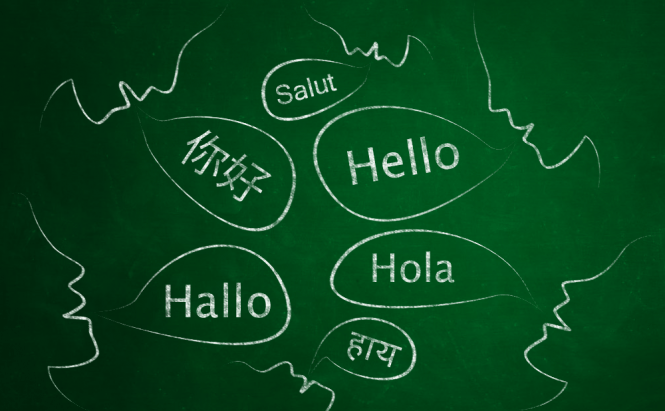 Dictionary Applications: From English to …
Dictionary Applications: From English to …
Many years ago, back when there were no planes to fly on, the world seemed a very big place. Nowadays, though, when you can get from Europe to America in a matter or hours, cultures start to mingle and merge, and people travel all over the world. Because of that, you can often find yourself in a situation where you need to speak some foreign language; and you will probably agree that you can't know a language without learning it. And this is where dictionaries can be of good help.
These language tools can generally be divided into several groups depending on the target language family, method of translation (e.g. one-way or two-way), dictionary specialization, etc. In this article I've divided some dictionary applications into two groups according to the geography of languages they translate into.
Group 1: From English to Asian Languages
If you've ever wanted to visit India or Turkey, or some Oriental country, like China, you must know the uneasiness caused by the prospect of learning their writing systems; at which point you probably thought that you just need to know some basic phrases. There are several free applications that might help you with that: Shipra's Dictionary and Sheel's Dictionary for Hindi, Turkish Dictionary for Turkish, and Speaking Pinyin for Chinese.
Their interfaces are pretty standard fare: a box to enter words into, a translation area, etc. The first two dictionaries, despite targeting the same language, differ in the number of lexical units included in them: Sheel's Dictionary has translation for twice as many words as Shipra's Dictionary. The Turkish one has a certain disadvantage – it requires an active Internet connection to work. The name of the last one advertises its biggest asset: the included phrases can be played back, and they are pronounced by professional speakers, not synthesized. This is a great thing to see in a dictionary, especially in one that deals with a pretty exotic language: you can be more or less sure that your pronunciation is at least close to how it should be.
Group 2: From English to European Languages
This group of dictionaries provides word translations from/into French, German, Italian and other languages spoken in the European part of the world. You're more likely to come across people who speak English here, sure, but most signs, magazines, and other things will be in the language of the country you're in. Web Dicty, PEKI Dictionary, and LingoPad can be quite handy in these situations.
They all support translation into more than one language. In fact, Web Dicty and PEKI Dictionary use Online databases for translations and definitions, so they can translate practically anything you throw at them. LingoPad mainly tackles German-English word pairs, but also supports several more European, Asian, and Arabic languages. It also allows you to import your own word lists and use them in addition to the default ones.
Now that you've got your vocabulary covered, there's just one more thing to note. If you happen to be in a foreign country, don't focus on learning new words too much, just try to communicate. This way, you'll find yourself reaching for a dictionary less and less often.








